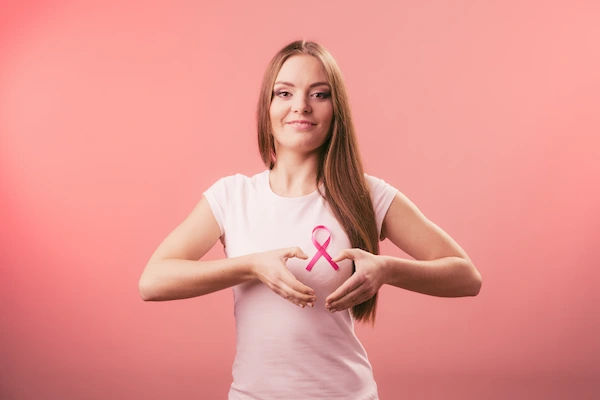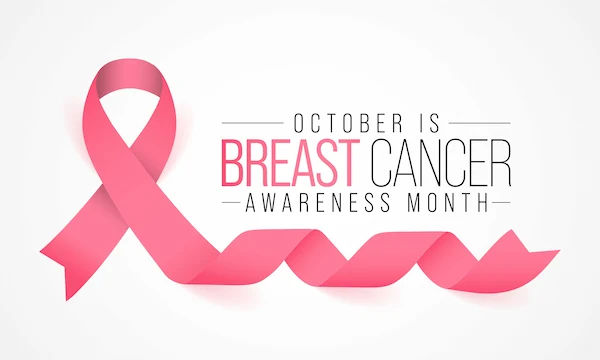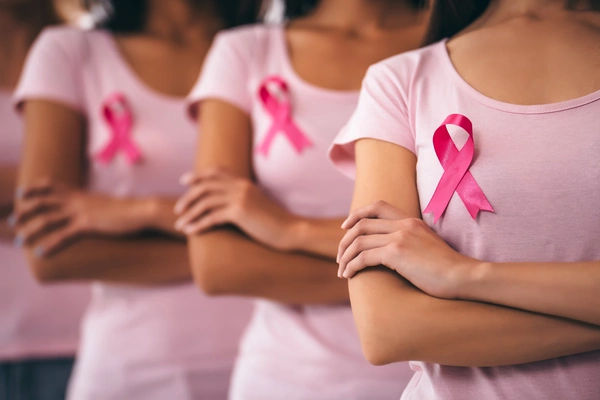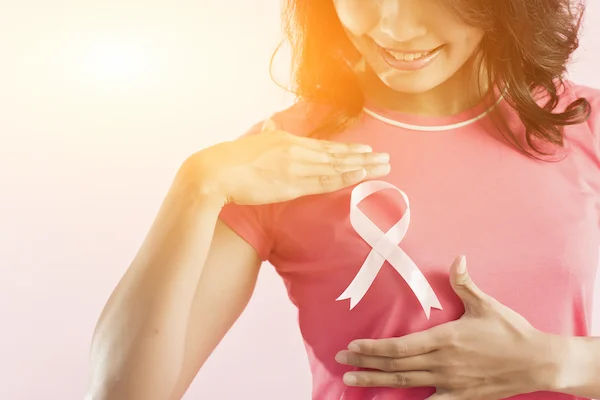What Leads To Breast Cancer And Risk Factors
Explore the key factors that lead to breast cancer, from genetics and age to lifestyle choices and hormones. Learn about modifiable and non-modifiable risks and what you can do to promote breast health.

Written by Dr. J T Hema Pratima
Reviewed by Dr. Shaik Abdul Kalam MD (Physician)
Last updated on 13th Jan, 2026
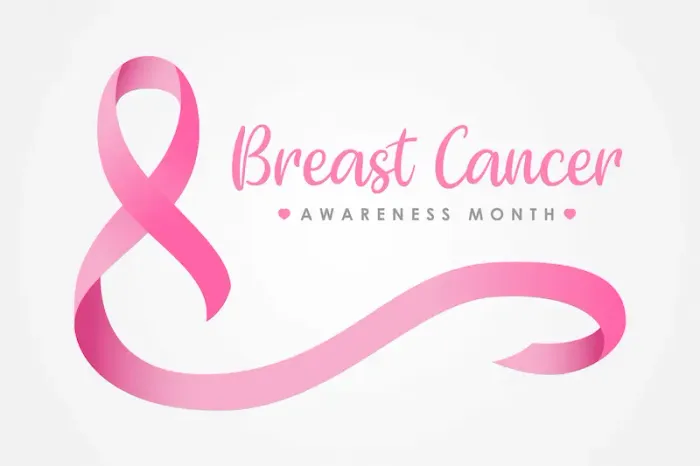
Introduction
Breast cancer is a topic that touches millions of lives worldwide, and it's natural to have questions about what causes it and who is most at risk. Contrary to common fear, breast cancer is not caused by any one single thing. Instead, it's the result of a complex interplay between factors we can't change and factors we can influence. Understanding these risk factors is not about fostering fear, but about empowering you with knowledge. This article will demystify the leading causes and risk factors associated with breast cancer, separating evidence-based science from myth. We'll explore everything from genetics and age to lifestyle and environment, providing you with a clear, comprehensive guide to help you understand your personal risk profile and the proactive steps you can take towards prevention and early detection.
The Complex Puzzle of Breast Cancer Causes
Breast cancer develops when cells in the breast begin to grow uncontrollably. These cells usually form a tumor that can often be seen on an x-ray or felt as a lump. But what triggers this uncontrolled growth? It's not a simple switch but rather a perfect storm of genetic errors and external influences.
The Role of DNA and Cellular Mutations
At its core, cancer is a genetic disease. It starts when mutations occur in genes that regulate cell growth. These mutations can be inherited from your parents (hereditary) or acquired throughout your life. Acquired mutations are far more common and result from the wear and tear of aging or exposure to cancer-causing agents (carcinogens). Most experts agree that it takes a series of several different mutations within a single cell for it to become cancerous. This is why age is such a significant risk factor—the longer we live, the more time there is for these random errors to accumulate.
Non-Modifiable Risk Factors: The Things You Can't Change
These are factors inherent to who you are. While you can't alter them, knowing about them helps you and your doctor understand your baseline risk and recommend appropriate screening schedules.
Age and Gender: Statistical Realities
Simply being a woman is the single biggest risk factor for developing breast cancer. While men can get it, it is about 100 times more common in women. Furthermore, the risk increases with age. About 80% of new breast cancer cases are diagnosed in women over 50.
Genetic Predisposition: The BRCA Gene Mutation
About 5-10% of breast cancers are considered hereditary. The most well-known cause is an inherited mutation in the BRCA1 or BRCA2 genes. Normally, these genes produce proteins that suppress tumors by repairing damaged DNA. When mutated, they don't function correctly, dramatically increasing the risk of both breast and ovarian cancer. BRCA gene mutation testing is recommended for individuals with a strong family history.
Family and Personal History of Breast Conditions
Having a first-degree relative (mother, sister, daughter) with breast cancer roughly doubles your risk. The risk is higher if that relative was diagnosed at a young age or had cancer in both breasts. Additionally, if you've had breast cancer in one breast, you have a higher risk of developing it in the other breast or a different part of the same breast.
Reproductive History and Estrogen Exposure
A woman's body is exposed to estrogen naturally produced by the ovaries. Longer exposure is linked to higher risk. This includes:
Starting periods before age 12.
Beginning menopause after age 55.
Having a first child after age 30 or never having a full-term pregnancy.
The Significance of Breast Density
Breasts are made up of fatty, fibrous, and glandular tissue. Dense breasts have more glandular and fibrous tissue and less fatty tissue. Women with dense breasts (as seen on a mammogram) have a higher risk of breast cancer, and density can also make cancer harder to spot on a mammogram.Consult Top Specialists
Modifiable Risk Factors: Where You Can Take Control
This category offers an opportunity for empowerment. Your daily choices can significantly influence your overall risk profile.
Lifestyle Choices: Alcohol, Smoking, and Diet
The link between alcohol consumption and breast cancer is well-established. Alcohol can increase levels of estrogen and other hormones associated with hormone-receptor-positive breast cancer. It also damages DNA in cells. Studies show that the risk increases with the amount of alcohol consumed. Similarly, smoking, especially over a long period, is linked to a higher risk. While no single food causes cancer, a diet high in saturated fat and low in fruits and vegetables may contribute to risk.
Physical Activity and Body Weight
There is strong evidence that regular physical activity reduces breast cancer risk, especially in postmenopausal women. Exercise helps regulate hormones like estrogen and insulin, strengthens the immune system, and helps maintain a healthy weight. Being overweight or obese after menopause increases your risk, as fat tissue becomes the main source of estrogen.
Hormonal Influences: HRT and Birth Control
Using combination hormone replacement therapy (HRT with estrogen and progesterone) during menopause for more than five years increases the risk of breast cancer. Similarly, some forms of hormonal birth control, like pills and IUDs, have been associated with a slight increase in risk, though this risk typically disappears after stopping use.
Environmental and Other Potential Risk Factors
Research is ongoing into other potential contributors. Previous radiation therapy to the chest area (for example, for Hodgkin's lymphoma) before age 30 is a significant risk factor. Exposure to certain chemicals in the environment, like those found in some plastics, pesticides, and industrial products, is also being studied for potential links, though the evidence is not yet as conclusive as with other factors.
Protective Factors: Lowering Your Risk
The flip side of modifiable risk factors are protective factors. Breastfeeding for a total of one year or more (for all children combined) slightly reduces risk. So does maintaining a healthy weight, engaging in regular physical activity (aim for 150 minutes of moderate exercise per week), and limiting alcohol intake. For women at very high risk due to genetics, preventive medications or even surgeries (prophylactic mastectomy) are options discussed with oncologists.
Myths vs. Facts: Debunking Common Misconceptions
• Myth: Antiperspirants and underwire bras cause breast cancer.
Fact: Numerous studies have found no conclusive link between these and breast cancer.
• Myth: A breast injury or bruising can turn into cancer.
Fact: Trauma can cause a benign lump, but it does not cause cancer.
• Myth: Only women with a family history get breast cancer.
Fact: Most women diagnosed have no known family history, highlighting the importance of screening for everyone.
Quick Takeaways: Key Points to Remember
1. Breast cancer risk is influenced by a combination of unchangeable and changeable factors.
2. Being a woman and increasing age are the two most significant risk factors.
3. Only a small percentage of cancers are linked to inherited gene mutations like BRCA.
4. Lifestyle choices—especially limiting alcohol, not smoking, staying active, and maintaining a healthy weight—can meaningfully reduce your risk.
5. Knowing your family history and personal risk profile is crucial for determining the right screening plan for you.
Conclusion: Knowledge is Power
Understanding what leads to breast cancer is the first and most powerful step toward taking charge of your health. While we cannot control every risk factor, such as our genetics or age, we have significant agency over our lifestyle choices. This knowledge is not meant to incite fear but to inspire proactive, positive action. Schedule regular check-ups, know what is normal for your body through self-awareness, and follow recommended screening guidelines like mammograms. If you have a strong family history of breast or ovarian cancer or are concerned about your personal risk factors, consult a doctor online with Apollo24|7 for a personalized risk assessment and advice on genetic counseling. Early detection and informed prevention remain our strongest allies in the fight against breast cancer.
Consult Top Specialists
Consult Top Specialists

Dr. Rajib Ghose
General Physician/ Internal Medicine Specialist
25 Years • MBBS
East Midnapore
VIVEKANANDA SEBA SADAN, East Midnapore

Dr. Shesham Srinidhi
General Practitioner
5 Years • MD(physician)
Hyderabad
Apollo 24|7 Clinic, Hyderabad
(150+ Patients)

Dr Divya Lekha Gunta
General Practitioner
10 Years • MBBS, MD (Pathology)
Visakhapatnam
Apollo 24|7 Clinic - Andhra Pradesh, Visakhapatnam
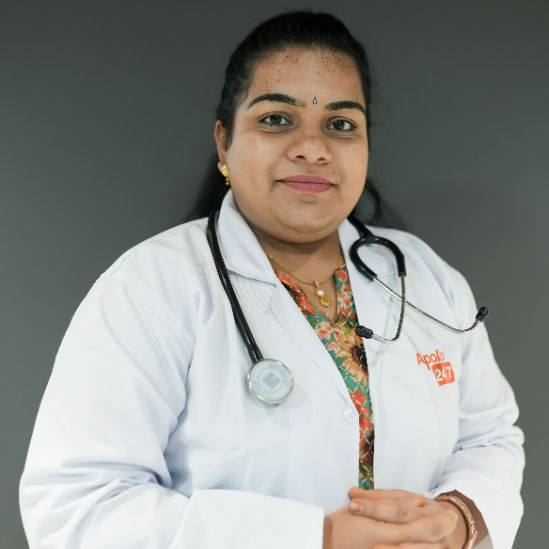
Dr. Siri Nallapu
General Practitioner
5 Years • MBBS
Hyderabad
Apollo 24|7 Clinic, Hyderabad
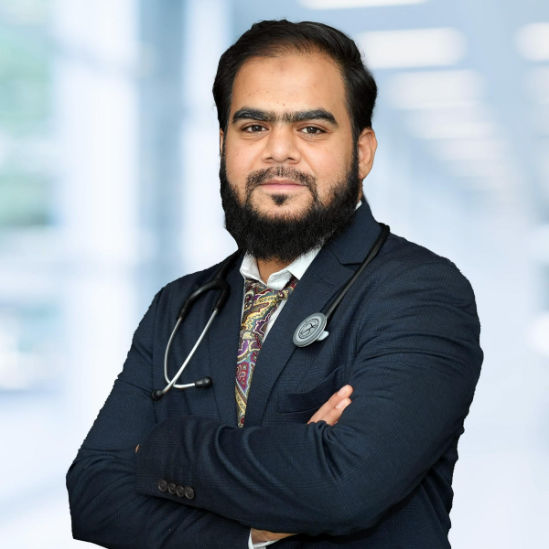
Dr. Khuda Baksh Nagur
General Physician/ Internal Medicine Specialist
11 Years • MBBS, MD (GENERAL MEDICINE), Certificate Programme clinicians in Diabetes Management
Bengaluru
Medwin multispeciality clinic, Bengaluru
(25+ Patients)
Consult Top Specialists

Dr. Rajib Ghose
General Physician/ Internal Medicine Specialist
25 Years • MBBS
East Midnapore
VIVEKANANDA SEBA SADAN, East Midnapore

Dr. Shesham Srinidhi
General Practitioner
5 Years • MD(physician)
Hyderabad
Apollo 24|7 Clinic, Hyderabad
(150+ Patients)

Dr Divya Lekha Gunta
General Practitioner
10 Years • MBBS, MD (Pathology)
Visakhapatnam
Apollo 24|7 Clinic - Andhra Pradesh, Visakhapatnam

Dr. Siri Nallapu
General Practitioner
5 Years • MBBS
Hyderabad
Apollo 24|7 Clinic, Hyderabad

Dr. Khuda Baksh Nagur
General Physician/ Internal Medicine Specialist
11 Years • MBBS, MD (GENERAL MEDICINE), Certificate Programme clinicians in Diabetes Management
Bengaluru
Medwin multispeciality clinic, Bengaluru
(25+ Patients)
More articles from Breast Cancer
Frequently Asked Questions
1. If I have no family history, am I safe from breast cancer?
No. The majority of women who develop breast cancer have no family history of it. While family history increases risk, its absence does not guarantee you won't develop the disease. Regular screening is important for all women.
2. At what age should I start getting mammograms?
Guidelines vary, but many organizations recommend starting annual or biennial screening at age 40. However, your personal risk factors (like family history or genetic predisposition) may mean you need to start earlier. Discuss the best schedule for you with your doctor.
3. Does having fibrocystic breasts increase my cancer risk?
Generally, no. Having fibrocystic breasts (lumpy or painful breasts) does not inherently increase your cancer risk. However, it can sometimes make mammograms harder to read. It's important to be familiar with your breasts and report any new or changing lumps to your doctor.
4. How much does alcohol actually increase risk?
Studies show that even low levels of alcohol consumption can increase risk. Women who have 2-3 alcoholic drinks per day have about a 20% higher risk compared to non-drinkers. The risk increases with the amount consumed.
5. Can stress cause breast cancer?
Extensive research has not found a direct, consistent link between stress and an increased risk of developing breast cancer. While managing stress is important for overall health, it is not considered a primary risk factor for breast cancer.
